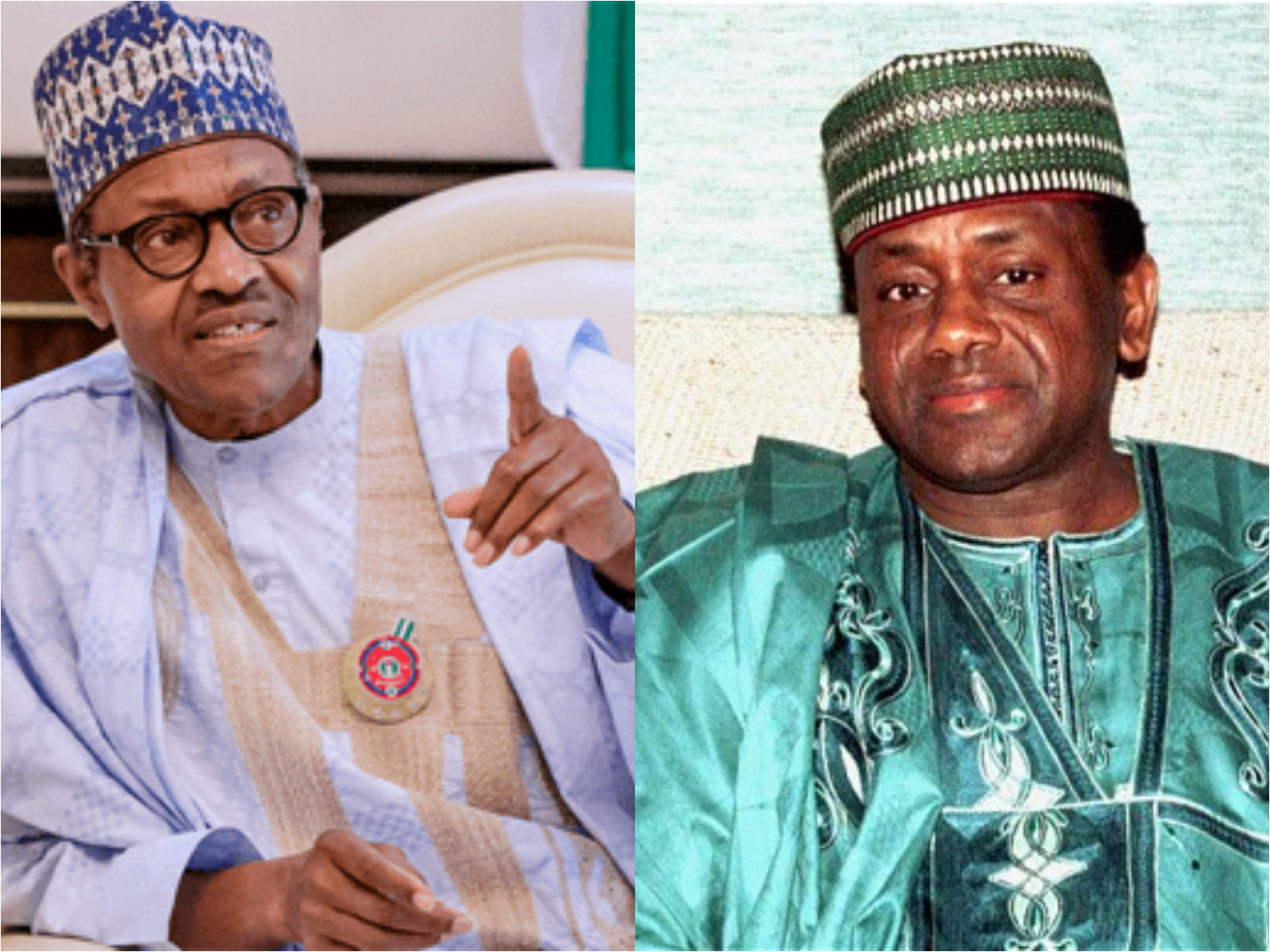Maryam Uwais, special adviser to President Muhammadu Buhari on social investments has disclosed that about 620,947 poor and vulnerable Nigerians are currently benefiting from the recovered looted funds by the late former head of state, General Sani Abacha.
Uwais who made this known on Monday, October 21, at a public function in Port Harcourt, Rivers, said between August/September 2018 and September/October payment 2019, the total cumulative amount disbursed from the Abacha loot is $76,538,530 and $27,099,028 from the International Development Association (IDA) credit.
The Herald earlier reported that President Buhari’s aide condemned reports which claimed that 6.6 million poor and vulnerable Nigerians were benefiting from the scheme were “not correct.”
According to her, “The funds are specifically being disbursed to beneficiaries of the national cash transfer programme (a component of the National Social Investment Programme N-SIP).
“The gesture is positively changing the fortunes of many Nigerians who find themselves below the poverty line, based on the data collated in the communities and hosted on the national social register.
“In December 2014, a Swiss judge gave a forfeiture order to the effect that monies (322.5 million dollars) recovered from the family of the late General Abacha would be returned to Nigeria. One of the conditions being that, the World Bank would be involved in monitoring disbursements there from. She added that that the needs of the people should be taken into consideration in the efforts to tackle poverty in the country.
Earlier, The Herald reported that Maryam Uwais, Special Adviser to President Buhari on Social Protection Investment, declared that no fewer than 8.4 million Nigerians will benefit from the federal government’s Social Intervention Project.
Uwais made the statement on Thursday in Abuja in a presentation, “Investing in our People,’’ she made at a workshop on National Social Protection Policy Framework by Federal Ministries, Departments and Agencies (MDAs)
She said that the Special Intervention Project was designed for delivery under five clearly defined programmes to restore livelihoods, economic opportunities and sustenance for the poor.



Leave a Reply